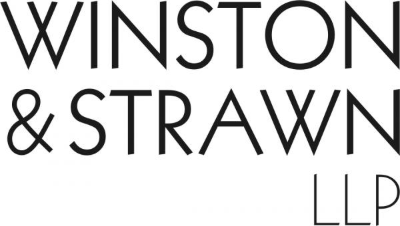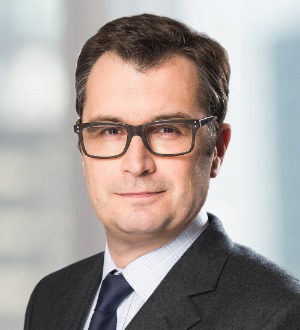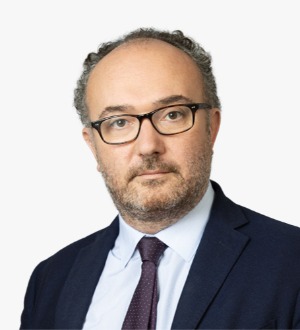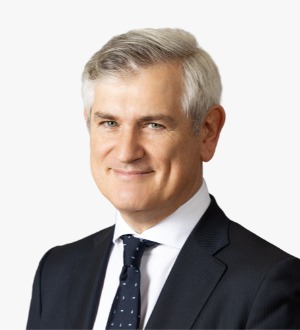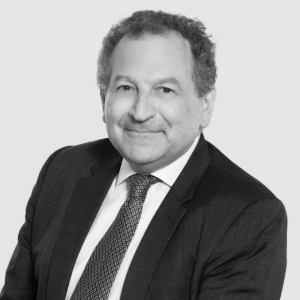Best Lawyers Near You in Paris, France for Capital Markets Law
Practice Area Overview
Capital Markets laws lay down the rules applicable to the dissemination of securities or the trading thereof on the financial markets.
The dissemination of securities can be restricted. Not all issuers are entitled to publicly offer the securities they issue and all securities are not available to all types of investors. One frequently distinguishes cases where the dissemination of securities is limited (in the case of a private placement) from cases where the securities are publicly offered for subscription or purchase. Rules regulating such dissemination mostly stem from harmonized EU regulations. In case of a public offering of securities, the issuer or the seller is required to prepare and file a prospectus with one of the EU market supervisors (the Autorité des marches financiers – AMF - in France). The listing of securities on a stock exchange usually requires the preparation and filing of a prospectus. Under French law, not all types of corporations are entitled to have their securities listed on a stock exchange.
Capital Markets practitioners provide legal advice to the issuers or sellers of securities, as well as their financial advisors: investment banks and investment services providers, which are regulated entities. This means that in order to provide services, such advisors need to obtain a license issued by one of the EU regulatory authorities. Rules for the provision of banking or investment services are harmonized throughout the EU and stem from legislation common to all Member States. There is a system of mutual recognition of licenses throughout the EU entitles, under certain conditions, so that a bank or an investment firm licensed in one EU Member State can provide its services to clients located in another EU Member State.
______________________________
Le droit des marchés financiers fixe les règles applicables à la transmission des instruments financiers et à leur négociation sur les marchés financiers.
La transmission des instruments financiers peut être soumise à des restrictions. Tous les émetteurs ne sont pas autorisés à offrir au public les instruments financiers qu’ils émettent, et tous les instruments financiers ne sont pas disponibles pour tous types d’investisseurs. On distingue généralement les cas où la transmission de instruments financiers est restreinte (dans le cas d’un placement privé) des cas où la souscription ou l’achat des instruments financiers sont ouverts au public. Les règles régissant la transmission d’instruments financiers découlent principalement des réglementations harmonisées de l’Union européenne. En cas d’offre publique d’instruments financiers, l’émetteur ou le cédant doit préparer et déposer un prospectus auprès de l’un des régulateurs de marché européens (l’Autorité des marchés financiers – AMF - en France). La cotation en bourse des instruments financiers nécessite généralement la préparation et le dépôt d’un prospectus. En vertu du droit français, tous les types de sociétés ne sont pas autorisés à faire admettre aux négociations d’un marché les instruments financiers qu’elles émettent.
Les avocats spécialisés en droit des marchés financiers conseillent les émetteurs ou cédants d’instruments financiers, ainsi que leurs conseillers financiers : banques d’investissement et prestataires de services d'investissement, qui sont des entités réglementées. Cela signifie que pour fournir des services, ces conseillers doivent obtenir un agrément délivré par l’un des régulateurs européens. Les règles régissant la fourniture de services bancaires ou d’investissement sont harmonisées dans toute l’Union européenne et découlent de la législation commune à tous les Etats Membres. Il existe un système de reconnaissance mutuelle des agréments à travers l’Union européenne de sorte que, sous certaines conditions, une banque ou une société d’investissement agréée dans un Etat Membre peut fournir ses services à des clients situés dans un autre Etat Membre.
Select a location from the list below to find the best legal talent for your needs.
Lawyers who have a subscription to profiles appear first.
Would you like to claim your lawyer profile?
Contact UsOur Methodology
Recognition by Best Lawyers is based entirely on peer review. Our methodology is designed to capture, as accurately as possible, the consensus opinion of leading lawyers about the professional abilities of their colleagues within the same geographical area and legal practice area.
The Process
Best Lawyers employs a sophisticated, conscientious, rational, and transparent survey process designed to elicit meaningful and substantive evaluations of the quality of legal services. Our belief has always been that the quality of a peer review survey is directly related to the quality of the voters.
